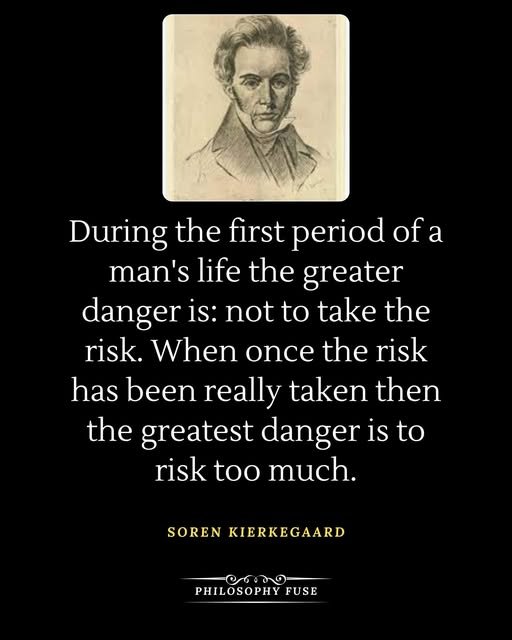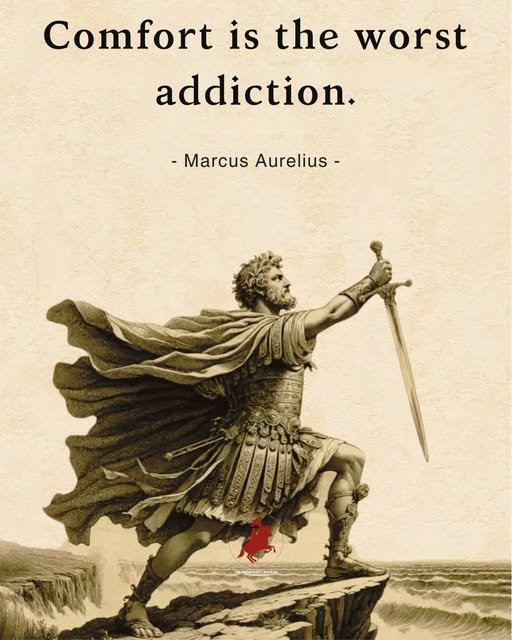Ah, Friedrich Nietzsche, the philosopher who delved into the depths of human nature and challenged conventional notions of morality. Allow me to explore the concept of good and evil as an illusion, as Nietzsche would have discussed.
In Nietzsche\'s philosophical work, he argued that the traditional understanding of good and evil was a mere illusion created by societal norms and values. He believed that these moral distinctions were imposed upon individuals by external forces, inhibiting their true potential.
To Nietzsche, good and evil were not inherent qualities but rather subjective judgments constructed by those in positions of power. He saw morality as a tool used by the ruling classes to maintain control and suppress individual freedom. Nietzsche questioned the validity of these moral standards, encouraging individuals to question and reevaluate their beliefs.
For Nietzsche, the concept of good and evil was a hindrance to human progress. He believed that true greatness could only be achieved by transcending these limited notions of morality and embracing a more authentic, self-driven existence. Nietzsche suggested that individuals should strive to go beyond the confines of good and evil and instead embrace a philosophy of life-affirmation, or what he called the \"Will to Power.\"
In this perspective, the illusion of good and evil serves as a barrier to personal growth and self-actualization. By breaking free from these societal constructs, Nietzsche believed that individuals could tap into their own inner potential, creating their own values and living a life that is truly authentic.
So, dear reader, consider Nietzsche\'s challenge to the traditional understanding of good and evil. Question the moral judgments imposed upon you and explore the depths of your own individuality. Embrace the freedom to create your own values, free from the constraints of societal norms. In doing so, you may discover a renewed sense of purpose and authenticity in your journey through life.
























.png)



.jpeg)
.jpg)

.jpg)
.jpeg)













.jpeg)
.jpg)

.jpg)

.jpg)


.jpeg)

.jpg)


.jpg)


.jpeg)
















.jpg)















